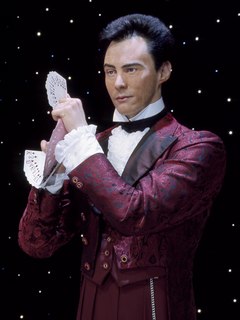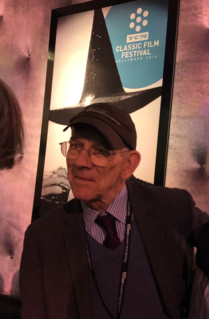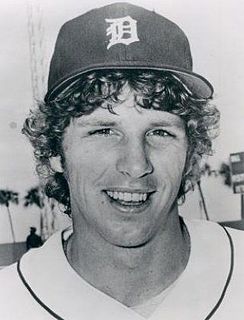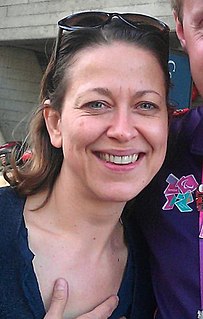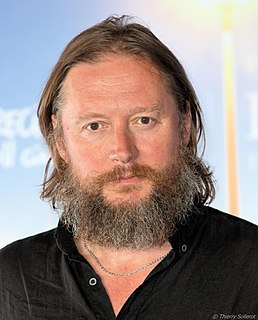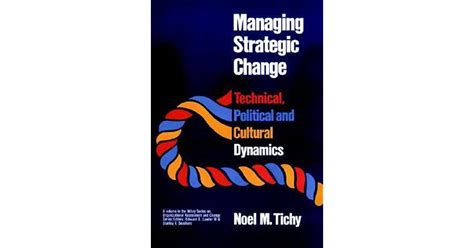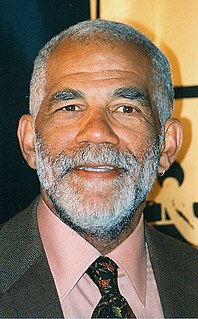A Quote by Will Poulter
Somehow I got a place at Bristol University. I'm still waiting for the phone call to say that they made a mistake and got the wrong person.
Quote Topics
Related Quotes
I love the romance of the '40s. It was the perfect time to live. Technology wasn't so advanced that it made life more difficult, but it was just enough that you can send a phone call or a telegram. And people still took pride in how they looked. The men got dressed up and the women got dressed up and they took care of themselves.
What I got out of baseball is what I have today, and I've got to look at that. I still see some of my friends that never made it past Triple-A. I made that last big step. I was lucky. I'm in love with my land. I got it all from playing ball. It gives me prestige. Someone says, 'What you got?' I say, 'One hundred and twenty-one acres of nice land.'
[Walter White] had keep [people] waiting while you got the impression that he was terribly busy with calls to Washington. I've seen such exhibitions in that direction as having someone come out of his office to the switchboard operator - which at that time was sort of located in the center of wherever people were waiting - and ask to call such-and-such a place, or a call through to Mr. So-and-so, or somebody like this, you see.
But I sent letters to people in the music business. And one day I got a phone call from somebody and he asked me when I was born and where I was born. And, you know, three or four days later I got a call. Someone said, you know, Yoko Ono wanted to meet me in New York. I got on a plane. And the next day I was having coffee with John Lennon.
Coolidge liked the dignity of the presidency. He didn't get on the phone easily. It's possible that he banished the phone from his desk. He was known to use it from time to time. The person who was hilarious with the phone was Hoover. He was a real engineer. He made a closed circuit phone where he could call the important people and they could call him, a government hotline, but it was closed. He shut out the possibility of input from people he didn't expect to get input from.

